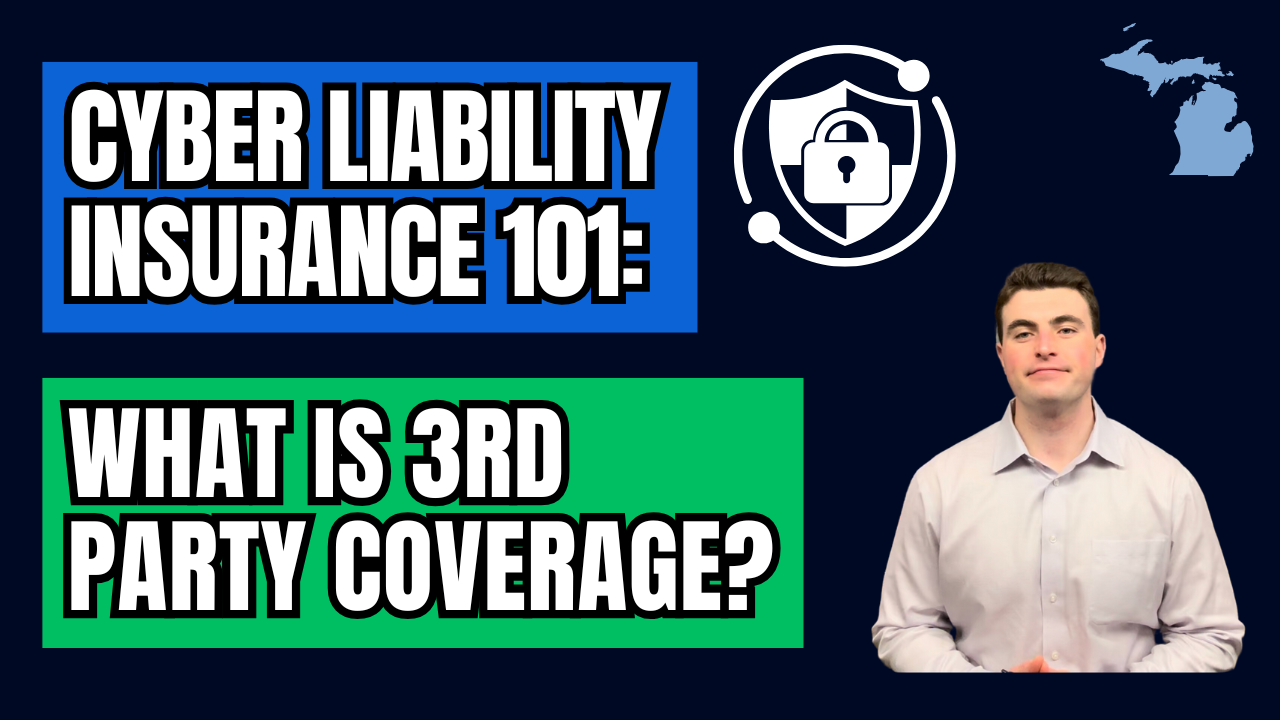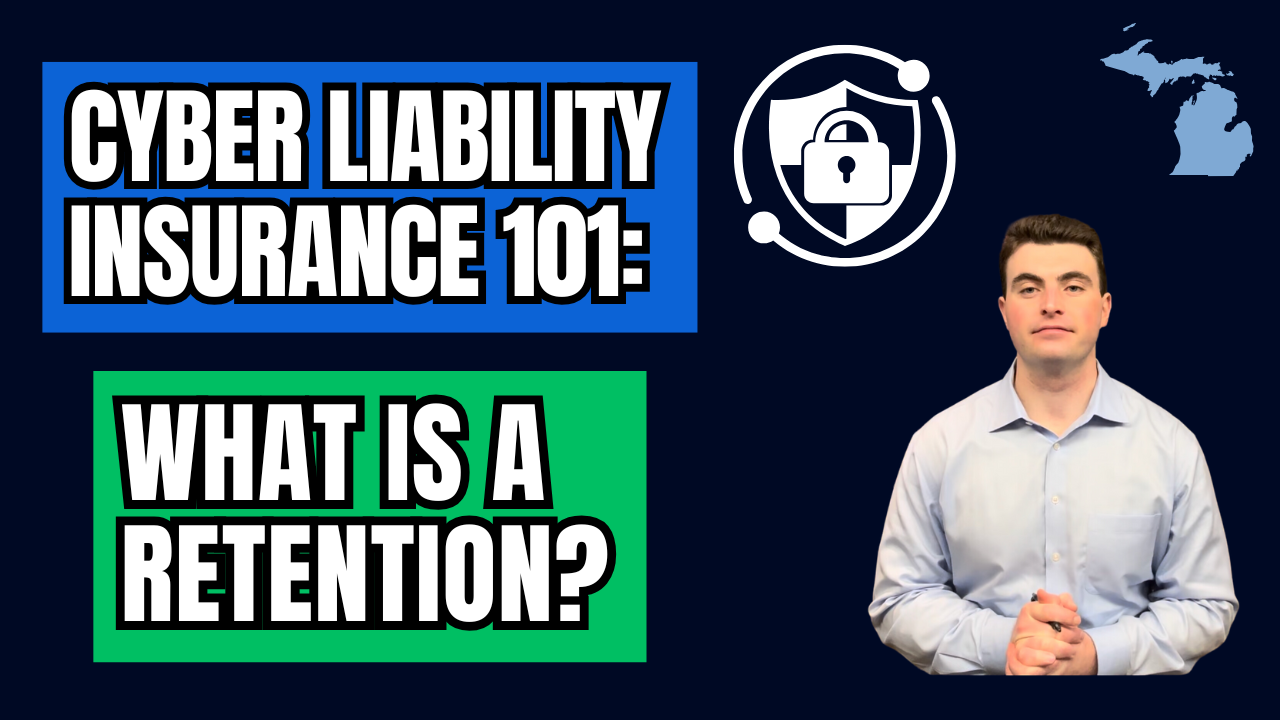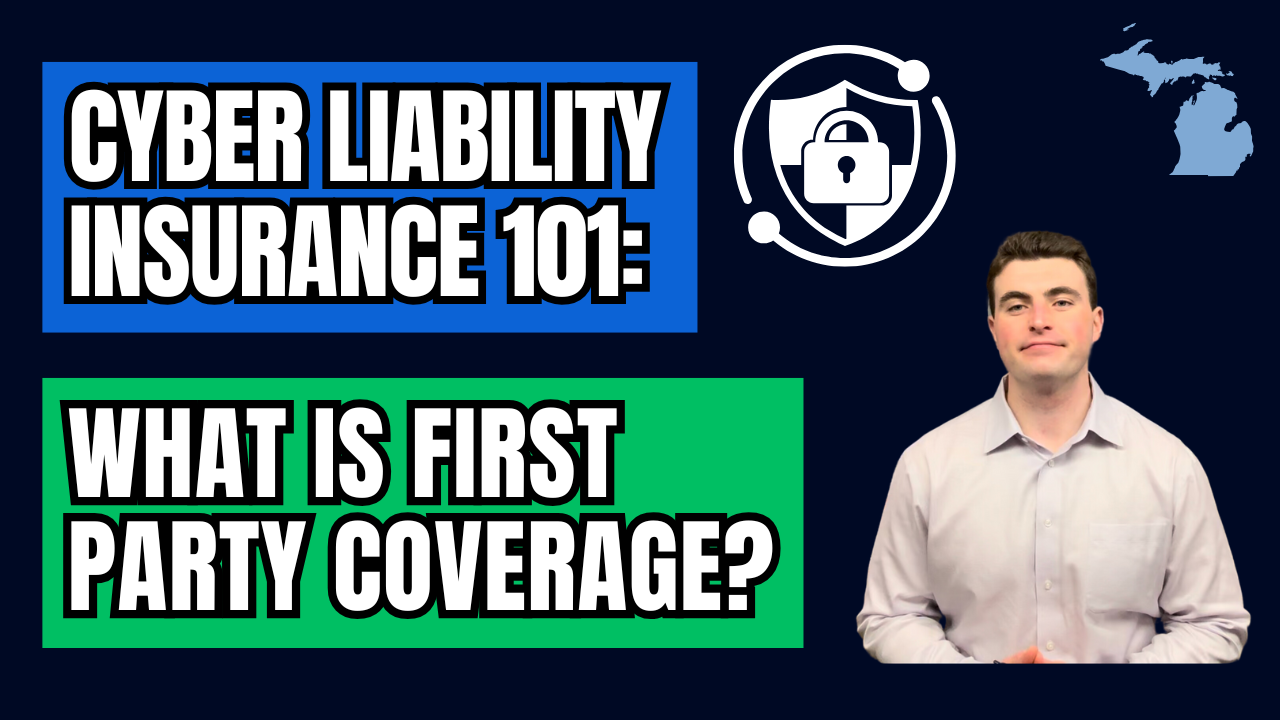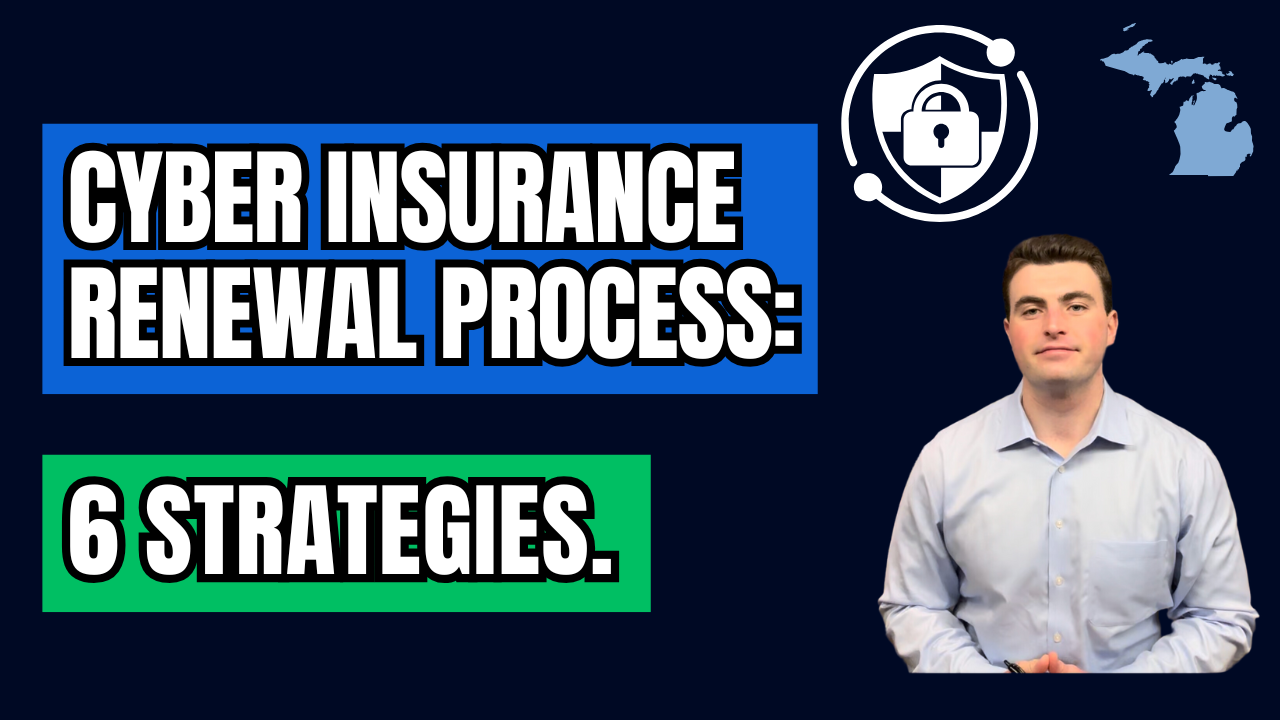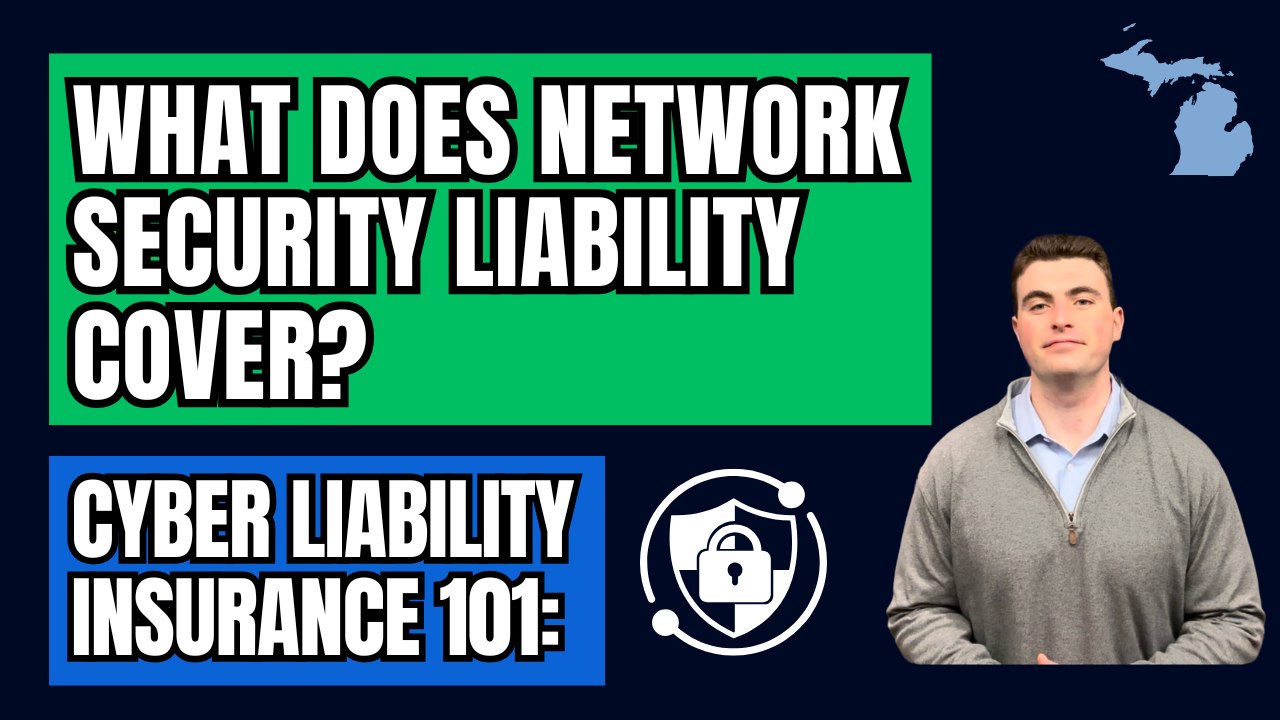Cyber Liability Insurance 101: Ransomware Payment Provision (Pay on Behalf vs. Reimbursement)
Cyber Liability Insurance 101: Ransomware Payment Provision (Pay on Behalf vs. Reimbursement)
Ransomware attacks have become one of the most devastating cyber threats businesses face today. Hackers lock down critical systems and demand payment to restore access, leaving companies with a difficult decision: pay the ransom or risk losing access to vital data.
If you have a cyber insurance policy, the Ransomware Payment Provision is a crucial part of your coverage that dictates how ransom payments are handled.
There are two primary ways an insurance company may approach these payments: Reimbursement-Based and Pay on Behalf provisions. Understanding the difference between these provisions can help you choose the best coverage for your business.
1. Reimbursement-Based Ransomware Payment Provision
Under a reimbursement-based provision, your business is responsible for paying the ransom first, using its own funds. After making the payment, you would file a claim with your cyber insurance provider to seek reimbursement for the ransom and any related extortion expenses.
How It Works:
- Your company pays the ransom out of pocket.
- You submit a claim to your cyber insurance provider.
- The insurer assesses the claim and, if approved, reimburses you for the ransom payment and other covered expenses.
Considerations for Reimbursement Coverage:
- Upfront Financial Burden: Your business must have liquid funds available to make the ransom payment before being reimbursed.
- Claim Approval Risk: If your claim is delayed or denied, you might not recover the full amount.
- Policy Limits and Deductibles Apply: If your policy covers up to $1 million but the ransom demand is higher, you may still have out-of-pocket costs. Additionally, your deductible will apply before reimbursement is issued.
While this type of coverage ensures that ransomware payments can be recovered, it requires businesses to shoulder the immediate financial responsibility during a crisis—potentially straining cash flow at a critical moment.
2. Pay on Behalf Ransomware Payment Provision
A Pay on Behalf provision, on the other hand, shifts the financial and negotiation responsibilities directly to the insurance company. Instead of requiring your business to pay the ransom upfront, the insurer takes immediate action by handling negotiations and making the payment on your behalf.
How It Works:
- A ransomware attack occurs.
- The insurance company steps in to handle ransom negotiations.
- If a ransom is paid, the insurance company pays the cybercriminals directly—without requiring your business to front the money.
Key Benefits of Pay on Behalf Coverage:
- No Immediate Financial Strain: Your business doesn’t have to come up with the ransom payment out of pocket.
- Expert Negotiation: The insurance company employs experienced cyber attorneys and negotiators who may be able to reduce the ransom amount.
- Faster Resolution: Since the insurer has a vested interest in minimizing losses, they work efficiently to resolve the situation quickly.
- Focus on Recovery: With the insurance company handling the ransom payment, your business can focus on incident response, securing systems, and restoring operations.
Because of these advantages, I strongly recommend my clients opt for a Pay on Behalf provision whenever possible. This type of coverage ensures that you’re not left scrambling for funds during a cyber crisis and allows professionals to manage the negotiations on your behalf.
Choosing the Right Ransomware Coverage for Your Business
Every cyber insurance policy is different, and the way ransomware payments are handled depends on the insurer’s specific language and terms. Before purchasing a policy, it’s critical to:
✔️
Understand your coverage details – Work with your agent to confirm whether your policy includes Pay on Behalf or Reimbursement provisions.
✔️
Assess your financial ability to cover ransom payments – If reimbursement is your only option, make sure your business has sufficient liquidity to cover a ransom demand.
✔️
Consider the broader incident response services – Many cyber insurance policies include forensic investigations, legal guidance, and public relations support in addition to ransom payments.
With cyber threats evolving rapidly, having the right cyber liability insurance coverage can make all the difference in how well your business responds to a ransomware attack. If you’re unsure about your current policy, let’s discuss your options and ensure you have the best protection in place.
🚀 Need help reviewing your cyber insurance coverage? Contact me today to discuss your options!
Contact Us
We will get back to you as soon as possible.
Please try again later.

